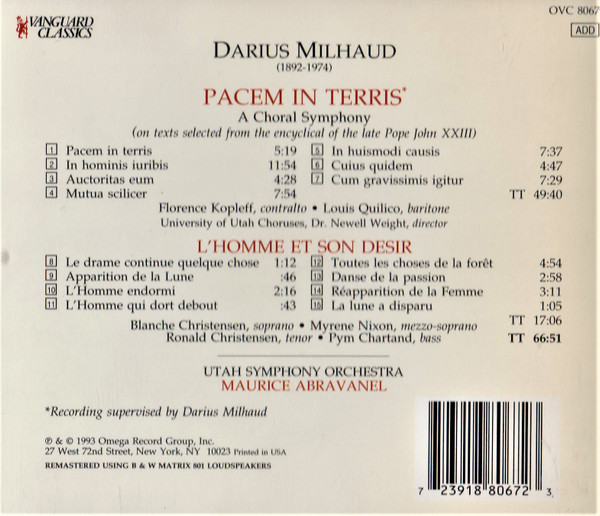A topical choice: Miles's You're Under Arrest.
Actually it's pretty good. I didn't take much notice when it came out.
Actually it's pretty good. I didn't take much notice when it came out.
 Thanks for prompting me to give this a listen. I had a similarly surprisingly good experience listening to The Man With The Horn the other year.
Thanks for prompting me to give this a listen. I had a similarly surprisingly good experience listening to The Man With The Horn the other year.


Comment